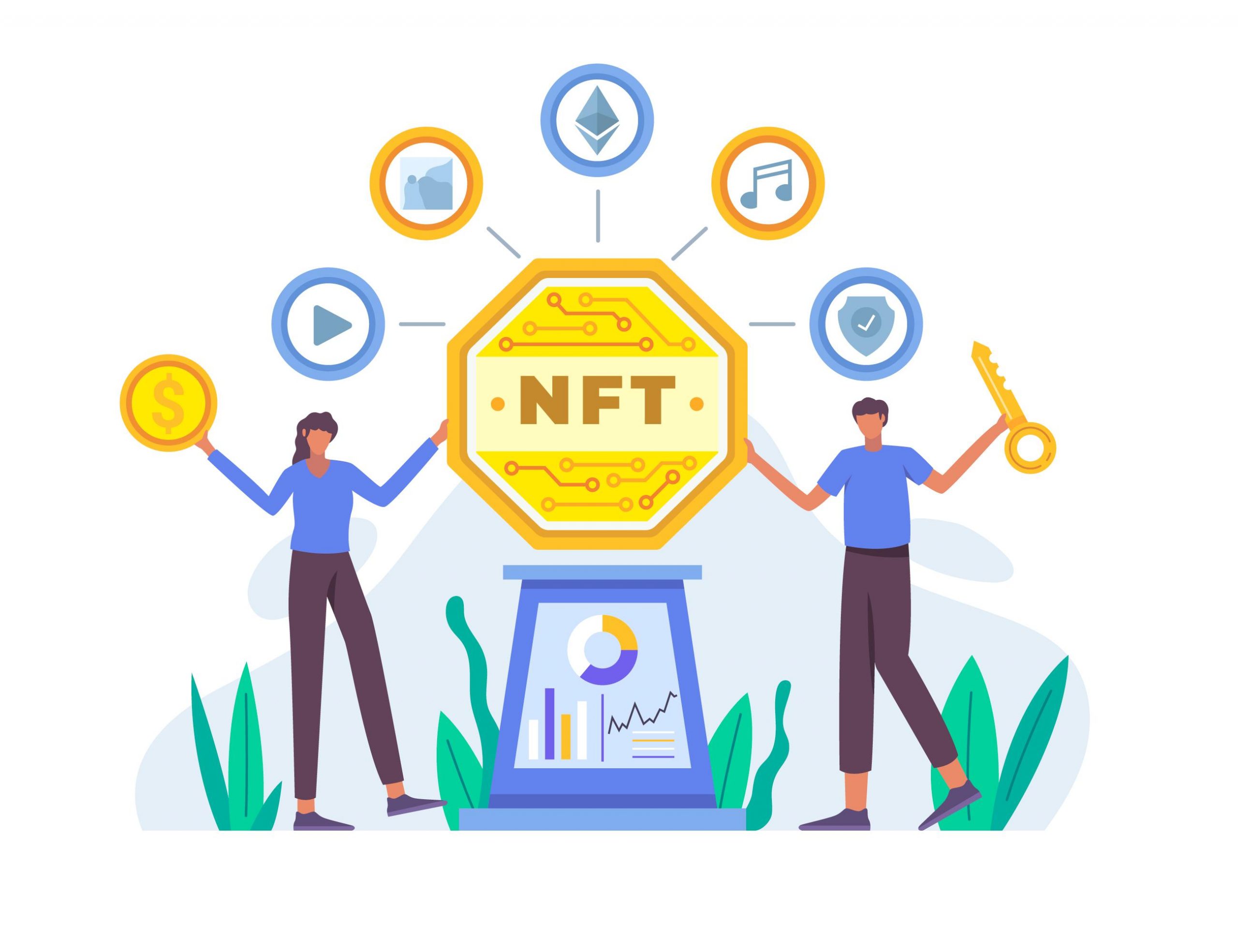Ways Block Chain Will Transform the Life of a Common Man

With all of the headlines about cryptocurrency pricing in the media, you might be wondering how it impacts the average person. Blockchain technology is at the heart of cryptocurrencies and other digital currencies.
Introduction
For the average person, technology may address various industrial and administrative issues. For example, do you own a small business but find that standard communication techniques leave you with a lack of transparency? Have you ever had medical costs that were significantly greater than usual? Is it difficult for you to discover qualified applicants as a business owner? Entrepreneurs, startups, small enterprises, people, and small businesses are all affected by these issues. Blockchain technology aims to make the average person’s life considerably more manageable through simplified solutions.
Banking
Almost all countries’ banking systems are still heavily reliant on paper-intensive operations for money transfers, recordkeeping, and other back-end services. This may be replicated digitally using blockchain technology, which creates a decentralized ledger that allows both bankers and clients to access a single source of information. In addition, this method helps banks reduce the risk of fraud by allowing bankers to digitally examine documents and evidence of asset ownership in the Blockchain ledger, which can be accessed at any moment in an unalterable manner.
Identity theft is also a severe issue in the banking industry, with people’s personal information being taken and used to create bogus accounts for illicit purposes. Over 13 million complaints about card fraud and identity theft have been lodged with the Federal Trade Commission’s online database of complaints, with 3 million of these complaints made in 2016. In addition, customers may access all accounts held in their names directly on a blockchain system and promptly contact their banks if they notice any questionable behavior in their financial details. The two well-known instances are the IBM-backed Hyperledger Fabric project and UBS’ Utility Settlement Coin.
Healthcare
Blockchain technology has the potential to simplify healthcare and medical data administration greatly. Making patient information readily available can make drug development research much more convenient and lessen the risk of counterfeit pharmaceuticals. In addition, clinical trials and their results can be made available in a decentralized network, allowing healthcare professionals and researchers to conduct a study and develop better healthcare solutions. Accenture is one of the largest firms that have begun delivering new healthcare solutions for safe and fraud-free transactions in the medical care industry.
Medicare fraud can also be reduced with blockchain billing management since the billing system can be totally automated without any intermediaries to conduct fraud. As of 2017, about $1.3 billion has been stolen from the government through rehabilitation centers and home health care services, with over 56 million individuals covered by Medicare. In addition, blockchain systems can successfully protect citizens seeking medical help against healthcare providers that overpay for services provided through fraudulent billing techniques. The consolidated data assists medical practitioners in delivering therapy based on the patient’s and family’s medical histories. Still, it also removes the possibility of recalling prior symptoms or conditions erroneously.
Records available to the public
The recording of all information on its residents is one of the most crucial civic administration tasks of a government. This contains information about the assets and activities of individuals and corporations. Unfortunately, most historical data is stored in paper databases in wealthy countries, making data administration exceedingly challenging.
Ubiquity, a blockchain-based technology, may encrypt all public records in a digital ledger to prevent citizens’ data from being tampered with for fraudulent purposes. Identity theft is an issue that the government may find difficult to address, and digitizing all public data to make it tamper-proof will assist avoid such instances of illegal conduct.
Voting
One of the most severe flaws with virtually every country’s voting system is that voters must still be physically present at polling stations to vote, making things challenging for individuals who need to travel on election days. More significantly, the typical person cannot check the poll findings.
Followmyvote, a blockchain development company, is working on ways to make online voting a reality. It will allow individuals to see up-to-date information on polling results and other statistics in a public forum. It also leads to safer polls for inhabitants of nations in internal or external conflict, and illegal acts aimed at persuading individuals to vote for certain politicians may be avoided entirely.
Hiring for Business
Businesses of all sizes struggle to locate qualified employees. Companies may use blockchain technology to verify the credentials of all applicants through a digital database. Companies may use blockchain technology to construct a decentralized directory of experts with verifiable qualifications in a secure ledger that they can use to hire applicants. Learning Machine is a New York-based firm that aims to solve this problem by collecting reliable employee data.
Since 2016, tax or employment-related fraud has accounted for 34% of all identity theft. A blockchain system makes the recruiting process considerably safer for any firm, as the corporation would only have access to authorized candidates, lowering the danger of employing fake personnel. It also aids candidates by expediting the recruiting process and assisting them in locating positions that they are qualified for and ensuring a smooth application procedure.
Conclusion
Individuals and companies benefit from blockchain technology, which secures personal information while making vital data publicly viewable. While bitcoin is the most well-known use of blockchain, do you think it can also be applied to other areas to bring relevant answers to individuals worldwide?
















